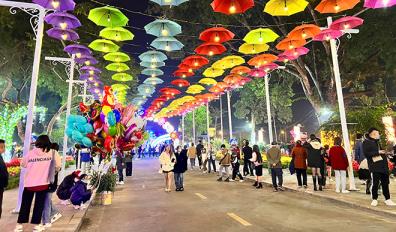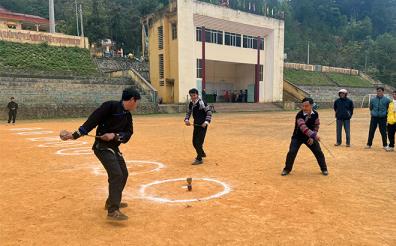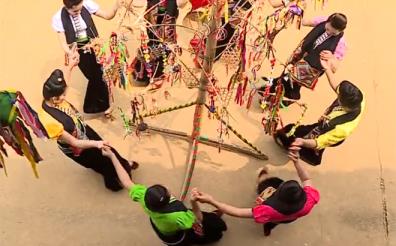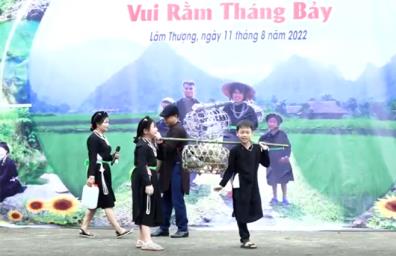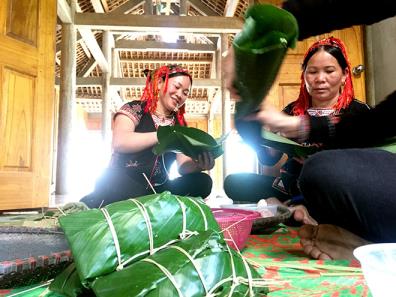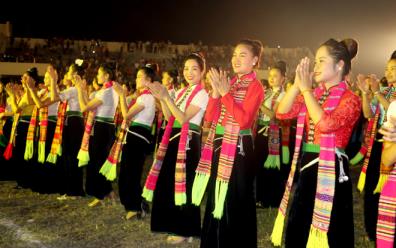Splendid Na Hau forest festival
- Sunday, March 10, 2024
YBO - Forest offering ceremonies, also known as forest festivals, were simultaneously held across sacred forests in Na Hau commune, Van Yen district on March 9 morning or the 29th day of the first month in the lunar calendar.

|
|
A forest offering ceremony takes place under the canopy of ancient trees.
|
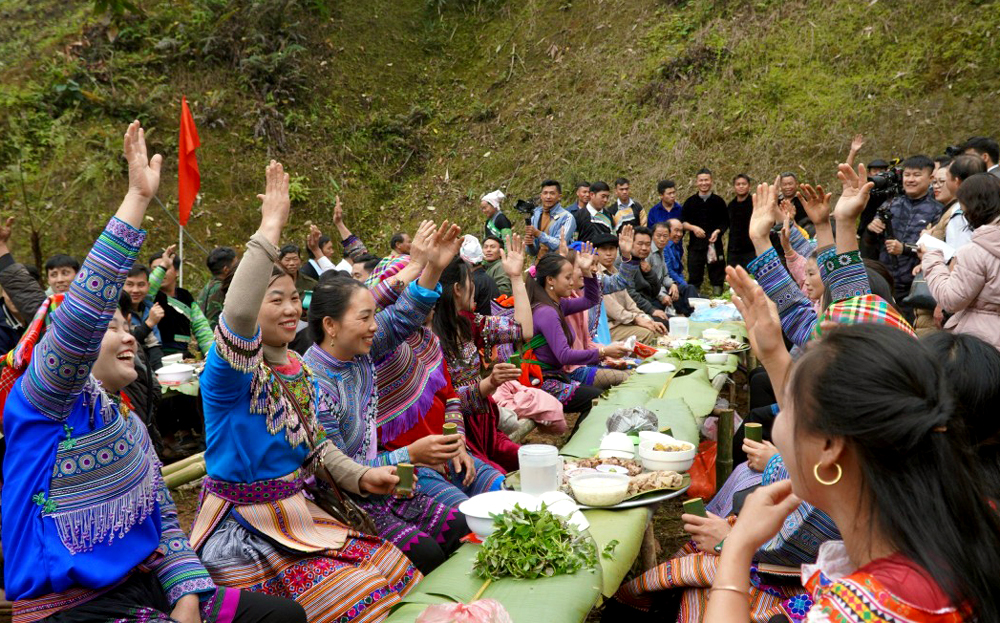
Other news

As the southern gateway district of Yen Bai Province, Yen Binh possesses significant potential for the development of agriculture and forestry. In particular, with more than 15,900 hectares of Thac Ba Lake surface area, the district enjoys a substantial advantage in high-value aquaculture and eco-tourism development.
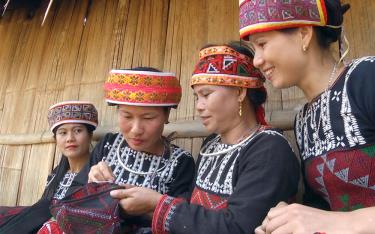
Van Yen District has been actively implementing a range of practical measures to preserve and promote the traditional cultural values of ethnic minorities in the area. Among these efforts, the preservation of the distinctive cultural identity of the Phu La ethnic community—currently the smallest ethnic group in Yen Bai Province and residing in Chau Que Thuong Commune—has yielded encouraging results, as reflected in vibrant cultural activities and the heartfelt engagement of the community.
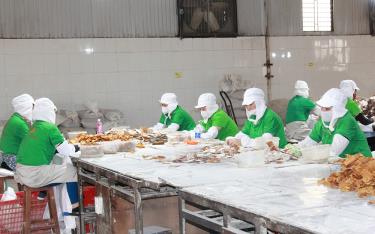
Thanks to continuous efforts in improving quality, diversifying product offerings, and promoting trade, Yen Bai’s key agricultural products have achieved remarkable results, making significant contributions to the province’s socio-economic development.
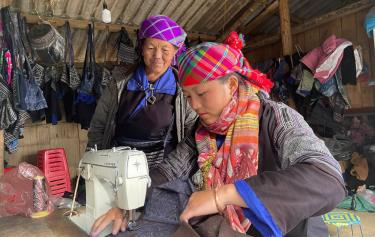
In 2025, Mu Cang Chai District aims to send 70 workers abroad, achieve a vocational training rate of 67.9%, certify 26 trained workers, transition 400 workers from agriculture to non-agriculture sectors, and support vocational training for 390 workers from impoverished, near-poor households and ethnic minority groups.


